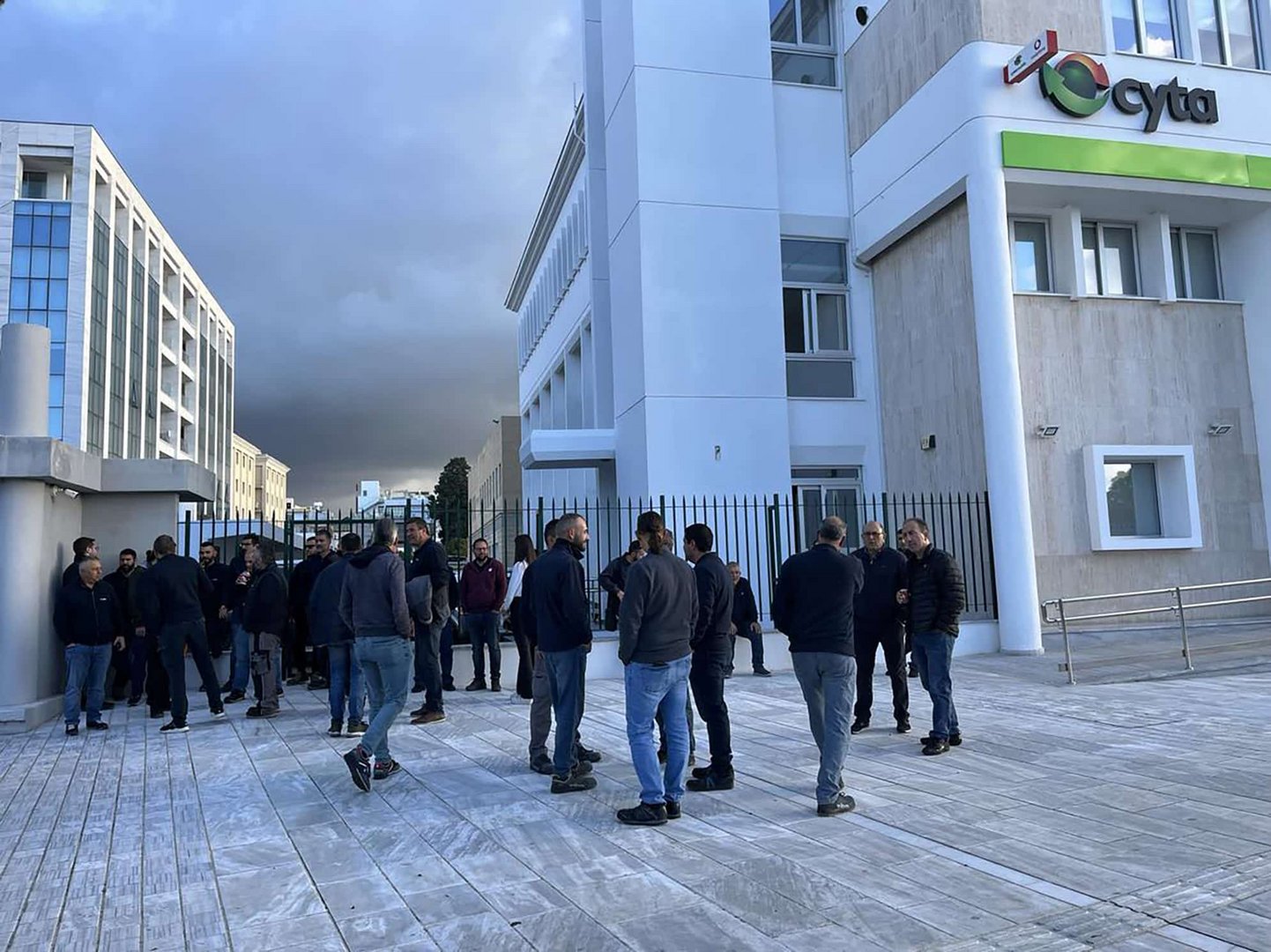One of the arguments used by the Cyta unions during Wednesday’s two-hour work stoppage was that they would “stand firm against any effort that may undermine the public character of the organisation.” Management’s proposals for the modernisation of the institution, the unions said, could not be accepted because, “above all, it endangers Cyta’s public character.”
What does this “public character” actually mean? Does the public have any benefit from this “public character” the unions are desperate to defend with industrial action? They called a 24-hour strike on January 16 to increase the pressure on management, and presumably on the politicians, who make a point of doing as the unions wish at organisations of “public character.”
Cyta is a semi-governmental organisation, which is in effect a state-controlled entity, with a different legal status from a state company. These SGOs are run by boards appointed by the government, which always follow government orders, and for many years were monopolies. Cyta lost its monopolistic status years ago, when the government was forced to open up the telecommunications market, whereas the EAC, which is also an SGO, remains a monopoly, its “public character” exemplified by extremely high prices for electricity.
Organisations like Cyta and the EAC are run by the unions for the benefit of their members, with the full backing of politicians who never dare stand up to the union bosses. It was an alliance between unions and political parties, that prevented the Anastasides government from privatising Cyta, while the EAC unions, assisted by political parties, have been blocking the opening up of the electricity market to competition for the last eight years.
Faced with growing competition from private companies, the Cyta board decided it was necessary to restructure, streamline operations and become more efficient, to ensure its long-term viability. Its proposals include outsourcing services, hiring staff on contracts, which would eventually lead to the phasing out of collective agreements and the limiting of union power, and reducing entry level wages, all measures designed to keep costs under control.
Unions cannot possibly accept this, after decades of plundering Cyta and securing privileges for its employees, who enjoy better pay and benefits than public servants. They are indifferent to the need for cuts to ensure the future of the organisation in a competitive condition, and the justification is that the “public character” must be maintained. In other words, Cyta must not be run like a business, adapting to market conditions. It must carry on paying workers extortionate wages, give annual pay rises to everyone including the most unproductive and maintain all benefits, regardless of the consequences of such mismanagement.
This is the ‘public character’ the unions are defending – top wages and benefits for workers regardless of whether the organisation can afford them. It is the same business model followed by the national carrier, Cyprus Airways, which was eventually bankrupted by the politicians and unions. It had always maintained its public character by having the best paid pilots in Europe.







Click here to change your cookie preferences